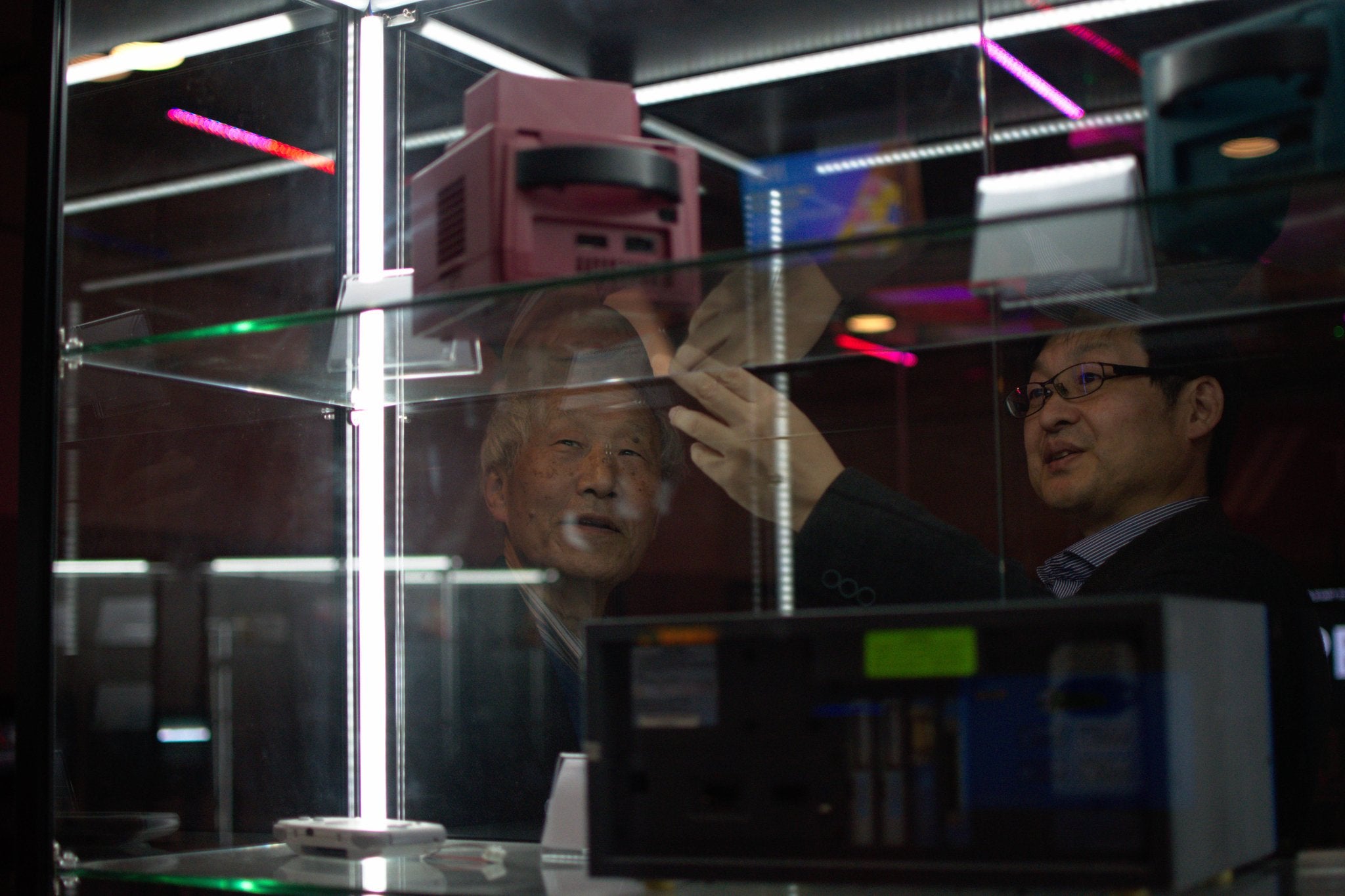The Nintendo that Uemura joined in the 70s was still centred around hanafuda cards, and it was his engineering prowess that helped it make new inroads into the toy industry. Uemura worked alongside Gunpei Yokoi and Genyo Takeda on their early light gun games, before heading up Nintendo’s first foray into home consoles with the Color-TV series that started in 1977. It’s the Famicom that would prove Uemura’s most impactful creation, the 1983 console serving as the foundation for Nintendo’s phenomenal success in video games. “When I developed the Famicom, I put all the basic functions that were necessary to make it as a gaming device,” Uemura told us in an appearance at the National Videogame Museum in February 2020 as he pondered the machine’s legacy. “For the Switch, it’s inherited all that over the years. All the successes and failures of the Famicom are inherited by the next generation of consoles and onward.” Uemura retired from Nintendo in 2004, taking up a position as professor at the Ritsumeikan University. The university announced that Uemura passed away on December 6th at the age of 78 - leaving a lasting impact on games that’s immeasurable.
